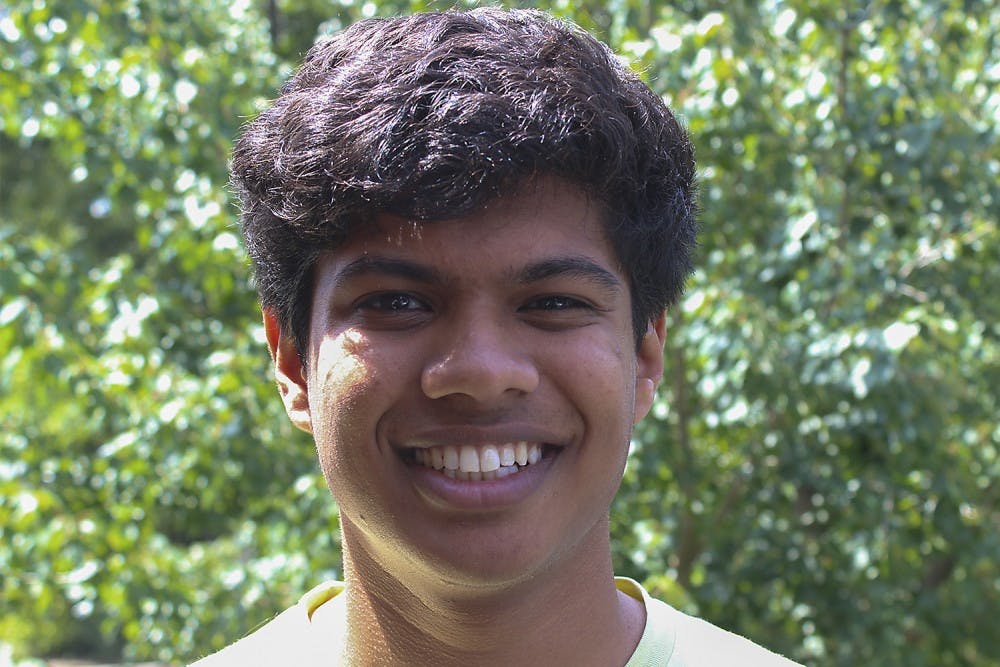B eyond the posh facade and starry-eyed nostalgia it evokes, Chapel Hill can provide a wake-up call to a world harsher and more unforgiving than its title, “The Southern Part of Heaven,” would suggest.
It’s not uncommon to see a person asking for spare change or searching for their next meal on Franklin Street.
While working with Talking Sidewalks, a literary magazine featuring writing and artwork from discussion groups held at the Inter-Faith Council’s men’s shelter, I met Gary Harwell.
Gary had committed to sobriety after 40 years of what he liked to call “fermented thought.” The positive effect his infectious optimism had on my life was just one example of what we have to gain from listening to anyone with a story to tell.
Our Wednesday night meetings were weekly high points, where lived experience and stories became a currency of sorts. Still, the conversations never felt transactional. Gary and the writers of Talking Sidewalks instilled in me that speaking and listening are not just charitable acts. They are the cornerstones of our humanity.
The documentary “Have the Homeless Become Invisible?” poignantly underscores the invisibility of people experiencing homelessness in New York City. In a social experiment, subjects walked by relatives dressed to appear homeless. None of them recognized their own family member.
Often, we try to piece together explanations for people’s circumstances with cold, hard arithmetic. Our inclination is to make convenient judgements rather than to grapple with the socio-political context behind homelessness.
But poverty and homelessness do not exist in a historical vacuum. In the United States, homelessness is predetermined by the intersection of race, class, mental health and housing insecurity. A federal report identified in 2010 that among people afflicted by homelessness, 37 percent have a disability, while 58 percent are racial minorities.
We both categorically refer to persons as “the homeless” and criminalize people for daring to render their bodies — and their poverty — visible. The National Law Center on Homelessness and Poverty found a 60 percent increase in citywide bans against camping and a 25 percent growth in laws against begging.




